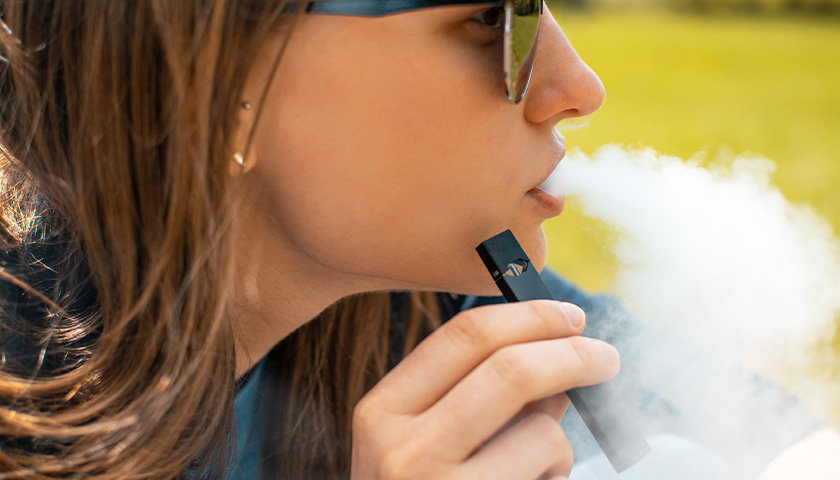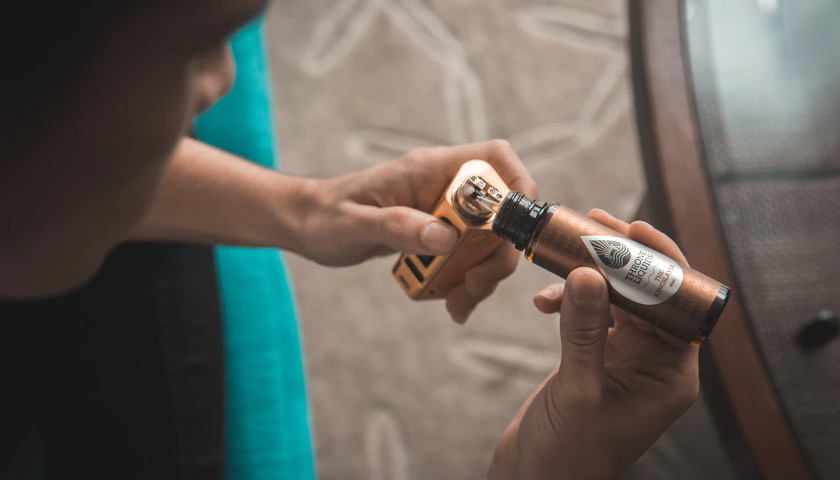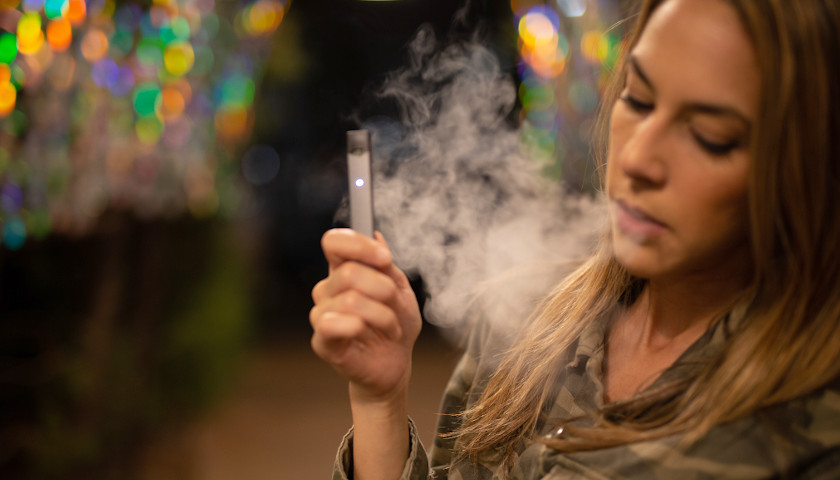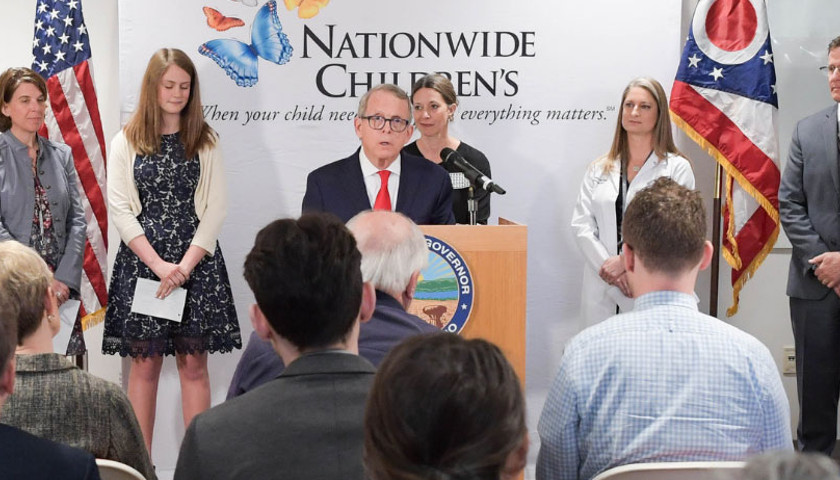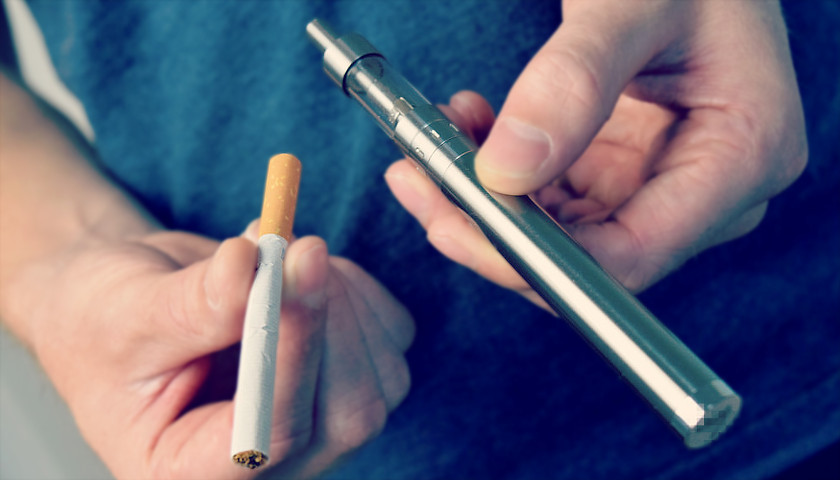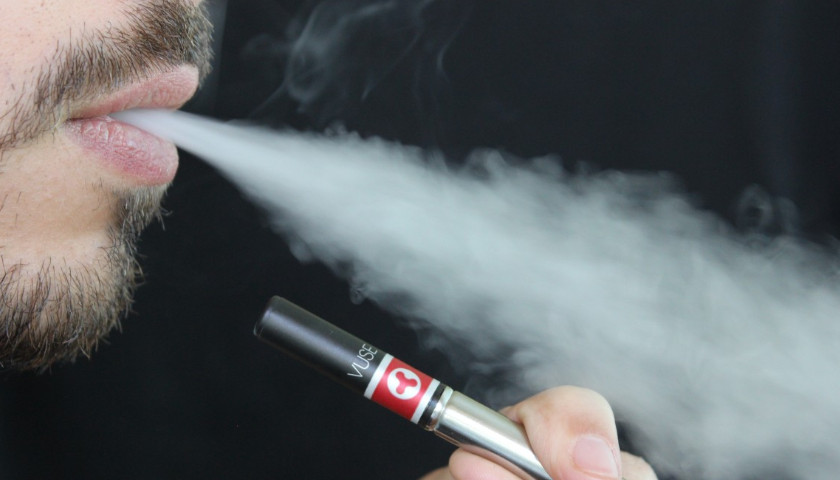Spring Hill officials will consider a new proposed ordinance to ban the use of vape pens and similar alternative-smoking devices in Spring Hill public parks, according to The Columbia Daily Herald. “The ordinance will take two readings before it can be passed, meaning March would be the earliest it could take effect. There is no current state law prohibiting the use of vaping pens, although some cities like Franklin are looking into pursuing similar measures. Smoking cigarettes in public parks was officially banned statewide in 2007 under former Gov. Phil Bredesen,” according to the paper. “The aldermen seemed split Monday on their opinions regarding vaping in public parks. Some saw the potential dangers of second hand smoke, while others believe it is a healthy alternative to quitting smoking and doesn’t carry the same cancer-causing carcinogens as cigarette smoke.” The city’s Parks and Recreation Department submitted the ordinance, according to The Daily Herald. Alderman Amy Wurth said problems with smoking in public parks causes cigarette butts and other harm, including trash. She asked what is behind the proposed ban on vaping. Alderman Jeff Graves, who chairs parks and rec, said some residents had complained about vaping. “Vice Mayor Bruce Hull said…
Read the full story



